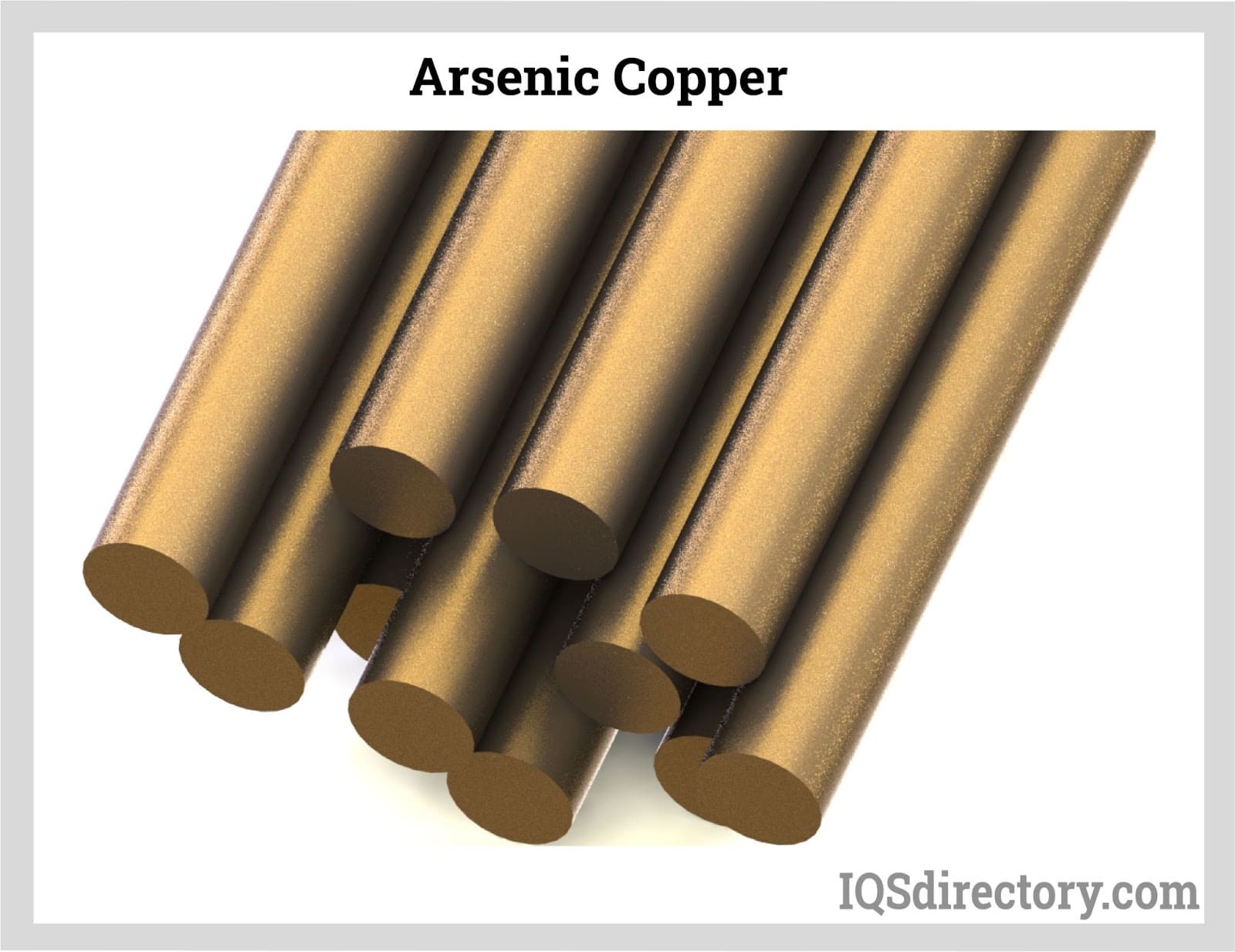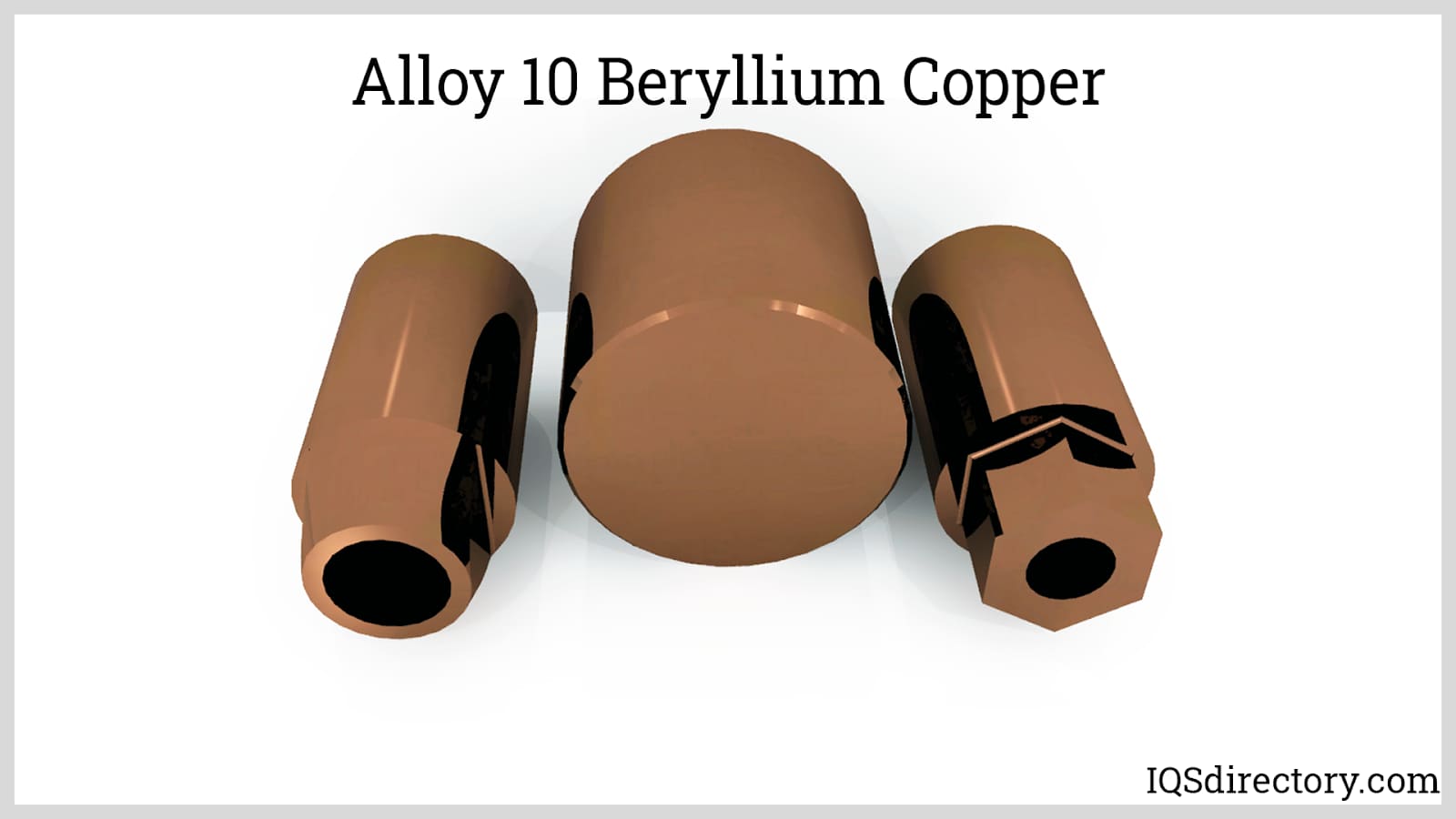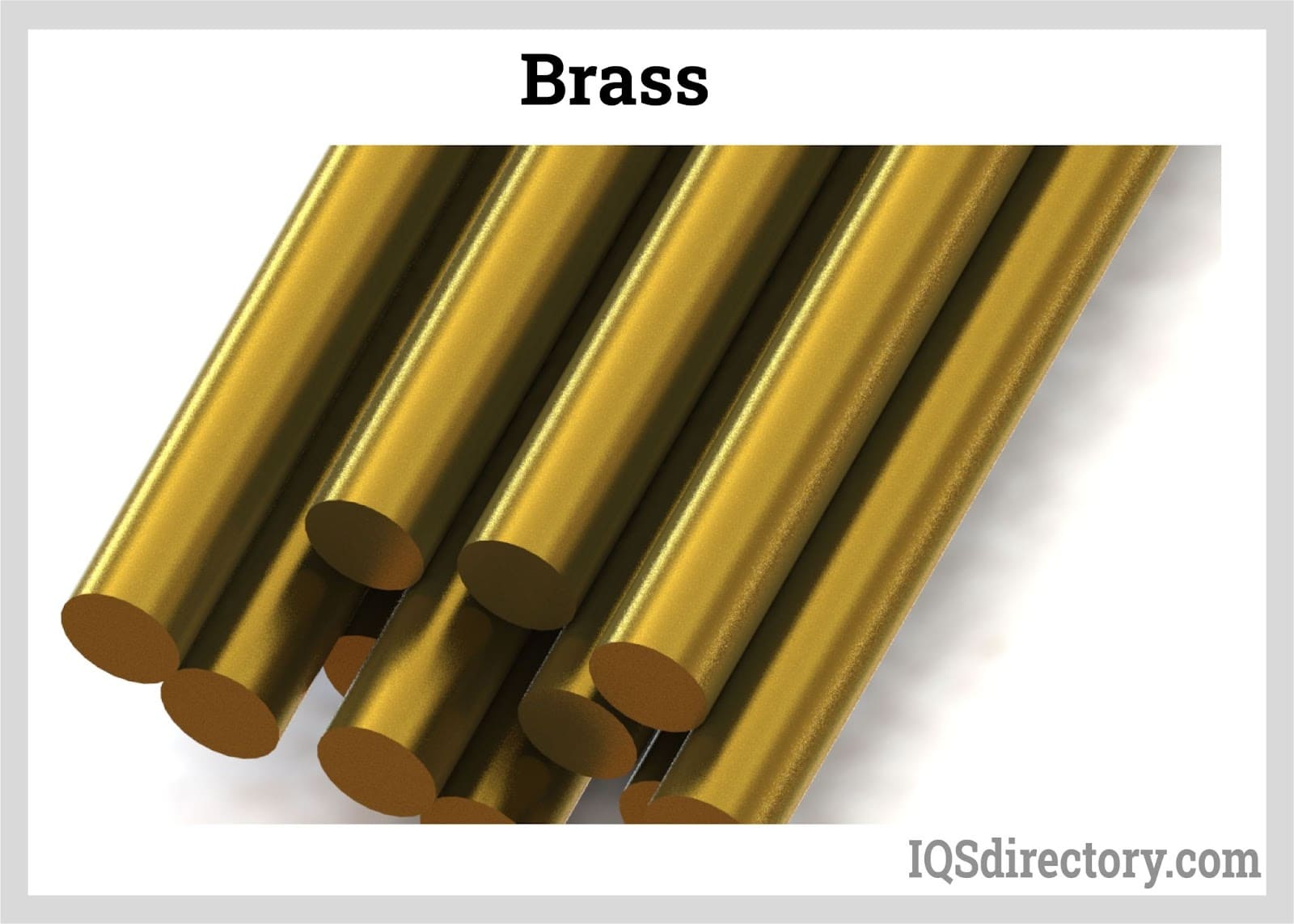Copper Alloys
Metal alloys with copper as their main component are known as copper alloys. They are highly corrosion-resistant. The most well-known conventional forms are brass, which uses zinc instead of bronze and contains a large amount of tin. These are ambiguous terminology because they are also referred to as lattens. When classifying the various compositions, it is challenging to differentiate between them due to the similarities in how the various alloys seem on the outside and the varying combinations of elements utilized to create each alloy. Up to four hundred copper and copper alloy combinations exist, indiscriminately categorized into the following groups: copper, brass bands, high copper alloys, bronzes, copper nickels, copper-nickel-zinc (nickel silver), lead-based copper, and special alloys.
Manufacturing of Copper Alloys
Alloys of every kind, especially copper alloys, are made by either casting or working metal. Both of these methods entail melting but casting demands that the copper and the other metal be fully molten, whereas wrought alloys are not. In contrast to the wrought technique, casting does not entail hammering or pressing. The copper alloy is forged or cast, depending on the intended use, although the two processes have a few distinct properties. One application for copper alloys is as brazing of alloys, which is to say that they act as the metallic filler that is heated to its melting point and then cools, and bonds other metal pieces together.
Types of Copper Alloys
Arsenical Copper
Up to 0.5% of arsenic is present in arsenical copper, which, at high temperatures, offers better strength and a decreased inclination to scale. As a result, it is regularly used for boiler work, particularly for locomotive fireboxes. Additionally, it aids in preventing the production of complex oxides, which can cause lead, bismuth, and oxygen-free copper to become brittle. Arsenical bronze is copper with more arsenic and can work significantly harder than copper.

Beryllium-Copper Alloys
Beryllium copper, sometimes referred to as beryllium bronze, is one of the greatest-strength copper-based alloys now on the market—industrial varieties of beryllium copper range in beryllium content from 0.4 to 2.0 percent. The tiny beryllium produces a series of heavy copper alloys having strength comparable to alloy steel to copper ratio. High strength and moderate conductivity are offered by the first 2, C17200 and C17300. Meanwhile, high conductivity and moderate strength are provided by the second of the two families, C17500 and C17510. These alloys' major traits are superior thermal conductivity, exceptional resistance to stress relaxation, and great reactivity to precipitation-hardening treatment techniques. Binary alloys made of copper and beryllium offer a good balance between strength and conductivity. Cu-Be binary alloys can precipitate in both discontinuous and continuous ways. Due to the subsequent precipitation process, continuous precipitation produces fine particles evenly dispersed throughout the copper matrix.

Beryllium copper and its diversity of alloys are used in extremely specialized and frequently custom-made applications, including petroleum equipment, aerospace landing gears, mold production, and robotic welding. In addition, it is perfect for down-hole cable line tools due to additional non-magnetic qualities. Therefore, this copper is referred to as spring copper or by other names since it is specifically used for these applications.
Brass
Due to its durability and workability, the copper and zinc alloy known as brass has had a significant historical impact. The first brass, known as calamine brass, was probably created by reducing combinations of copper and zinc ores and dates to the Neolithic period. Brass, also known as the alloy of copper and tin, is frequently termed bronze. The amount of zinc determines how malleable a brass is; brasses with more than 45% zinc are unworkable in a hot or cold environment. Although a coarse version is employed in brazing (soldering), these brasses, also termed white brasses, have little economic significance. However, they usually serve as the basis for several alloys used in die casting. The malleable brasses are further separated into those which are treated cold (often those containing less than 40% zinc) and those that are worked hot (usually those with a higher zinc content).

The former class, also referred to as alpha brasses, is frequently employed in producing bolts, pins, and cartridge casings. The beta version of brass is much less pliable but is tougher and can be used to make door and window fittings, sprinkler heads, faucet handles, and other fixtures. Brasses that contain other elements besides zinc and copper added to enhance physical and mechanical qualities, corrosion resistance, machinability, or to change color are included in the third category of brasses. These include lead brasses, which are simpler for the machine.Additionally, there are the naval and admiralty brasses, whose susceptibility to corrosion by seawater is improved by a small quantity of tin, and the aluminum brasses, which offer strength and corrosion resistance.
Choosing the Right Copper Alloys Supplier
To make sure you have the most productive outcome when purchasing Copper Alloys from a Copper Alloys Company, it is important to compare at least 6 Suppliers using our list of Copper Alloys manufacturers. Each Copper Alloys Manufacturer has a business profile page that highlights their areas of experience and capabilities and a contact form to directly communicate with the manufacturer for more information or request a quote. Review each Copper Alloys company website using our patented website previewer to get an idea of what each business specializes in, and then use our simple RFQ form to contact multiple Copper Alloys businesses with the same form.

